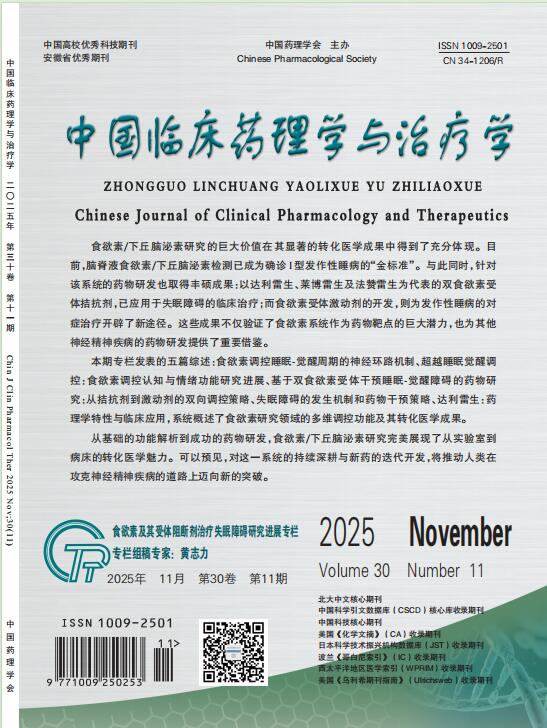AIM: To observe the inhibitory effects of papain on monocyte secretory and adherent ability induced by monocyte-platelet aggregates (MPA), and to explore the preliminary molecular mechanisms. METHODS: Monocyte and platelet rich plasma were separated form human peripheral blood. Platelet were activated by thrombin and arachidonic acid, then mixed with monocyte in 20 U/L of papain,respectively, and levels of MPA and TNF-α were determined.The study was further divide into three groups: 0 (control), 20, 80 U/L of papain group activated by 10 U/L thrombin, MCP-1, tissue factor (TF), CD11b and CCR2 expression, and adherent monocyte percent were measured by ELISA, flow cytometry, and microscopic examination, respectively.Western blot analysis was used to detect the phosphorylated Akt and COX-2 expression.RESULTS:In incubated with monocyte and platelet, 20 U/L of papain significantly decreased MPA formation and TNF-α levels induced by thrombin and arachidonic acid (P<0.01) . In 20 U/L of papain group, MCP-1, TF, CD11b and CCR2 expression levels, and adherent monocyte percent were significantly decreased compared with control group (P<0.01).The inhibitory percent of the abovementioned five markers were increased in 80 U/L group than that in 20 U/L group (P<0.01). Papain significantly inhibited Akt phosphorylation and COX-2 expression, there were lower photodensity ratios in 80 U/L group than that in 20 U/L group (P<0.01). CONCLUSION: Papain may inhibit monocyte secretory and adherent ability induced by monocyte-platelet aggregates through the inhibition of Akt phosphorylation and COX-2 expression, and can be used to prevent atherosclerosis.


